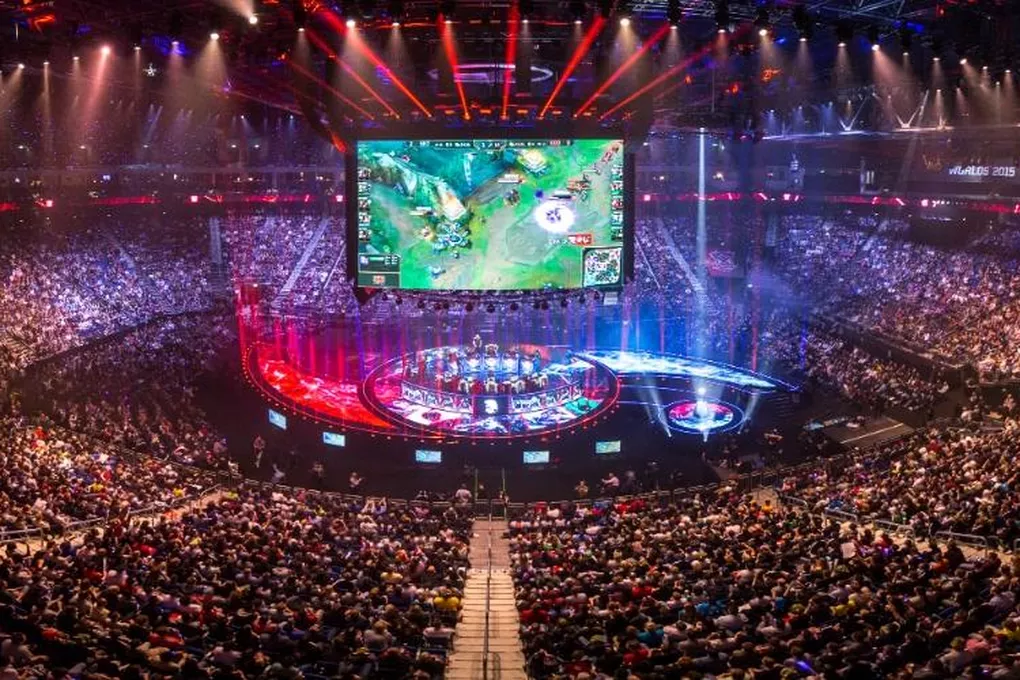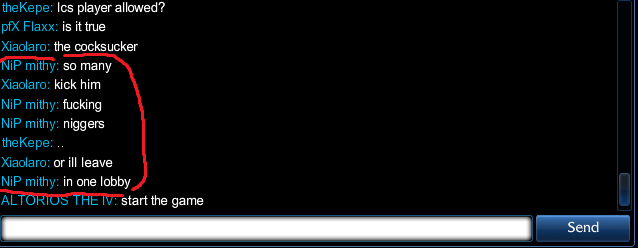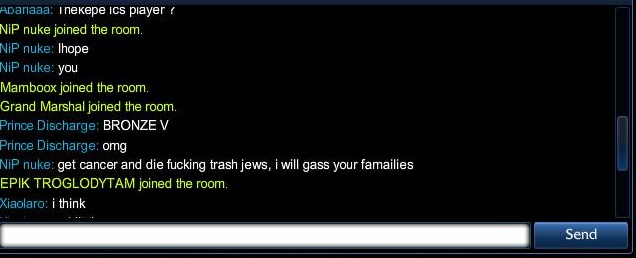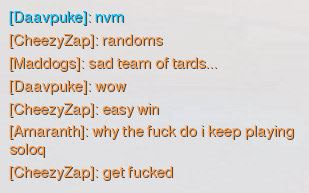
Written by Tanner Banks, November 2, 2016, at 1:44 p.m.
eSports are here, and are here to stay. With over $1.9 billion in revenue expected for eSports by the year 2018 competitive gaming has gone from Korean curiosity, to a worldwide phenomenon. That doesn’t change that eSports are failing to legitimize themselves the same way more traditional sports do. Whether or not video games are a sport will be contested for the foreseeable future.
Much like how chess is universally accepted as competitive, but scrutinized over the “athletics” involved. But if eSports enthusiasts want to be viewed as the real deal, things need to change. While the eSports elite build their tower made of cash to the heavens, they’re wobbling on a shaky foundation.
Unlike more traditional sports like basketball, baseball, and soccer which grew gradually in popularity over time, eSports have grown exponentially. In 2000, Korea established the Korea e-Sports Association or (KeSPA) as the first governing board of competitive gaming. In the 16 years since then, video games have gone from a lonesome hobby to an international spectacle with teams, superstars, and world cups across dozens of games. But this rapid growth has been harmful for both eSports, and video games as a whole. In particular, the culture that eSports are creating, and the poor infrastructure surrounding eSports will have lasting effects down the road.
In the first part of this series, we’re going to look at how eSports fail as a sport on a personal level. How eSports are failing to build a healthy community around themselves. This could mean for fans; this could mean for the competitors. Here though, we’re going to look at it as a player.
Toxicity in eSports
Perhaps the most troubling issue with growing any organization, is the culture that grows with it. You can see that with fandoms for books, movies, YouTube channels, or television series. You can see it with the identity that a company, or even a university tries to create.
So when I say things like League of Legends, Dota, or Counter Strike (three of the most popular eSports in the world) what kind of community do think of? Now this isn’t to say that regular sports teams are innocent of rowdy fan bases, and questionable decisions. (*cough* Eagles Fans *cough*) But the likelihood of toxicity in video games is much higher than with more traditional sports.
Toxic Opponents
Let’s do some quick comparison between a game of baseball and a game of League of Legends. If you lose a game of baseball, how likely is the other team to tell you, “Y’all suck, that was easy,” at the end? Now, in that game of League, you also lost, what would you say the odds are that someone types “gg ez” or some equivalent?
While some may brush this off, poor sportsmanship is rampant across eSports and video games in general. And with Twitch streamers, YouTubers, and some professional players normalizing it, the problem isn’t likely to go away. No matter how much Blizzard and Riot want it to.
And it’s not just about after the game. Trash talk during any sport is common procedure. But let’s think about how trash talk works in eSports and in traditional sports. Some players go the extra mile with trash talk for regular sports. Kevin Garnett telling Tim Duncan “Happy Mother’s Day,” referring to how Tim lost his mother to breast cancer a day before his 14th birthday, is especially horrendous.
But that doesn’t change how much more vicious trash talk is in eSports in general. When playing a game of basketball or League, tell me, which game are you more likely to hear someone say “Get fucked on you little bitch?”


Now let’s move to team communication.
Toxic Teammates
This time we’ll go for a spin with basketball and Overwatch, one of the fastest growing eSports. Let’s say you’re playing a game at the local park and you want to work on your sniping from three. Sure, you’re struggling, but you’ve been playing a few games since you got there and want to expand your game, or maybe you just like shooting threes.
How would it look from the outside if members of your team told you, “Stop shooting, you fucking retard,” “You are literal cancer,” or “Kill yourself”? Is your playing a detriment to the team? No doubt, but ask yourself this: Does that justify anything that’s being said?
Now let’s move over to Overwatch. Replace that game at the park with a quick play match, and sniping threes with sniping as Hanzo. Or picking any character your teammates might not like for that matter. Now let’s look at the statements again.
“Stop playing Hanzo, you fucking retard,” “You are literal cancer,” “Kill yourself.” Is instantly picking Hanzo and refusing to change going to help you win? Probably not. Are you being a good teammate by doing this? Definitely Not. Does that justify what’s being said? Absolutely not.
Teammates flaming each other by throwing insults, slurs, and suggesting one-another to kill themselves is never acceptable. Listen, we’ve all had that guy as a teammate in basketball who took things way too seriously. He’d stamp his feet, insult everyone and shout about how he couldn’t carry this awful team. But that’s the thing, that one guy. Compare that to how often you have toxic teammates in Overwatch, Dota, Lol, Call of Duty, Halo etc.
Now tell me, how often is it compared to other sports?
Dehumanization of Teammates and Opponents

eSports have a very unique aspect to them, they are incredibly impersonal. In traditional sports, your teammates and opponents are with you in person. You might not always compete directly with them or against them, (like in golf) but they are always present.
With eSports, you are possibly thousands of miles from your teammates. The only way you “see” your teammates is if you’re doing a LAN party together. And because of this, everyone is able to hide behind a mask of anonymity.
“Give a man a mask and he will show you his true self.” Oscar Wilde
When people aren’t people, it’s incredibly easy to be horrible to them. When you play a game online, opponents and teammates are just characters on a screen, and maybe a voice in your headset. In Online Moral Disengagement, Cyberbullying, and Cyber-Aggression by University of Victoria researchers Kevin C. Runions and Michal Bak, the reasoning for the ease of toxicity is described as “… [it is] much easier it may be to engage in harming others when the harm is invisible to the perpetrator due to distance or time between the harmful act and the consequent harm”
People can’t see the harm they’re doing, so it’s that much easier to say horrible things to one another.
Final Thoughts
The communities of many traditional sports tread a fine line between passionate and toxic. Some fall deep into the cesspool of toxicity with little hope of salvation. But many in the eSports community are deciding to jump right in and do laps around the pool. People revel in their own toxic nature. Are they the minority? Yes. Are they seen as a horrid plight by the majority of the eSports community? You bet.
Are developers trying to combat this issue? One hundred percent. But is toxicity more common and normalized in eSports compared to traditional sports? Absolutely. If eSports want to improve their reputation and legitimize themselves, they need to improve their communities. But to do so means they need to fix one of their other largest failures and the topic for our next installment.
